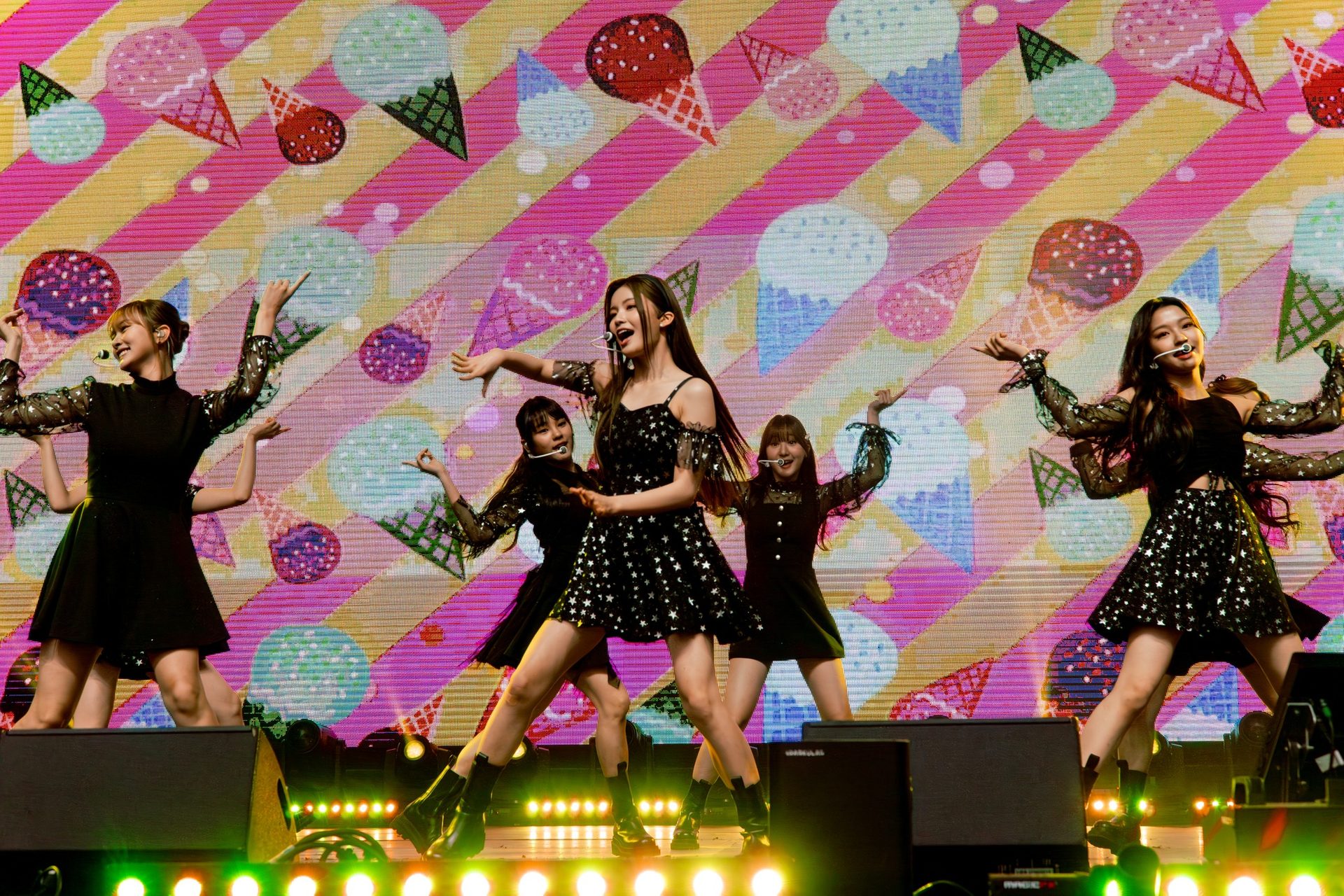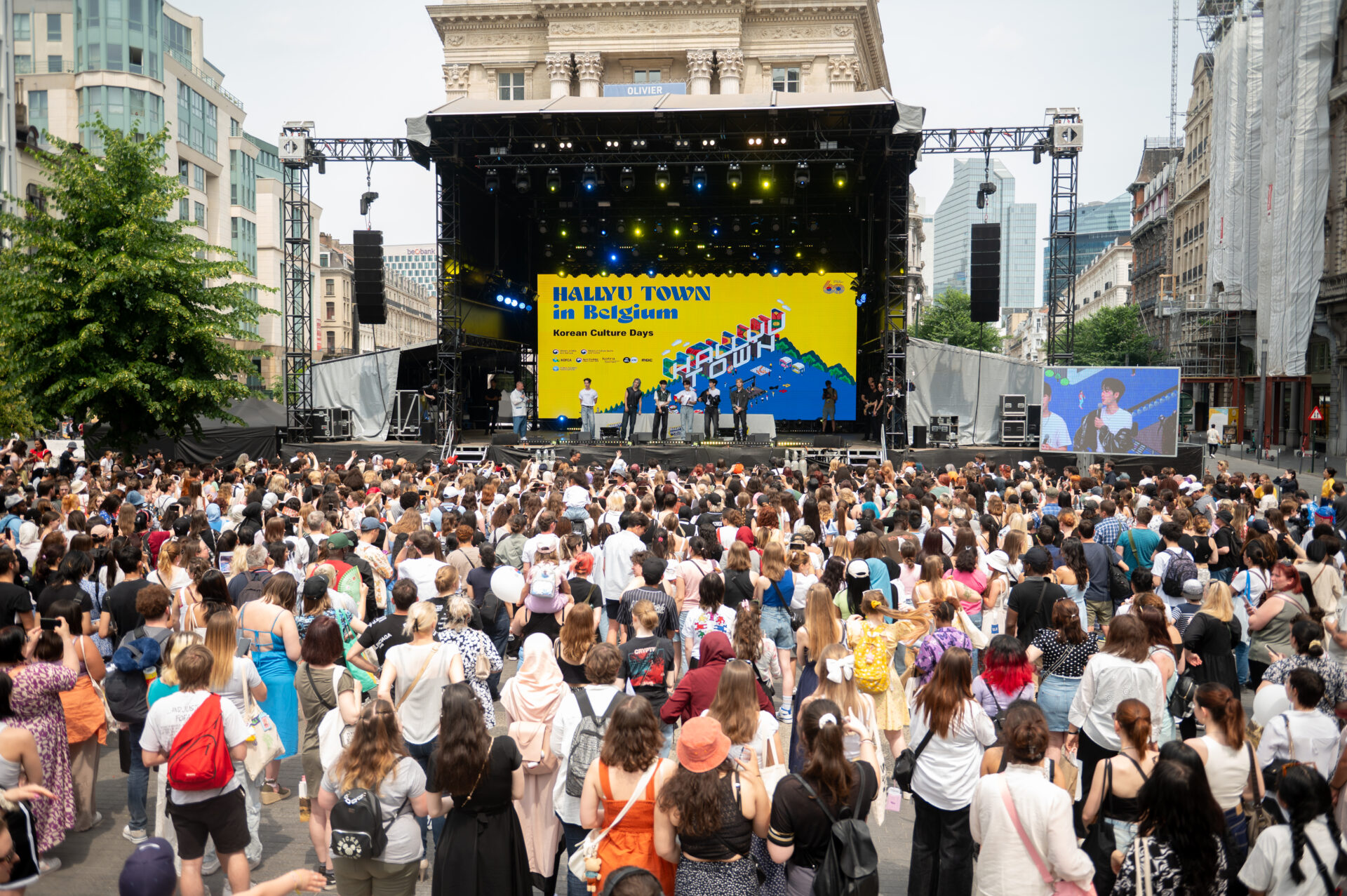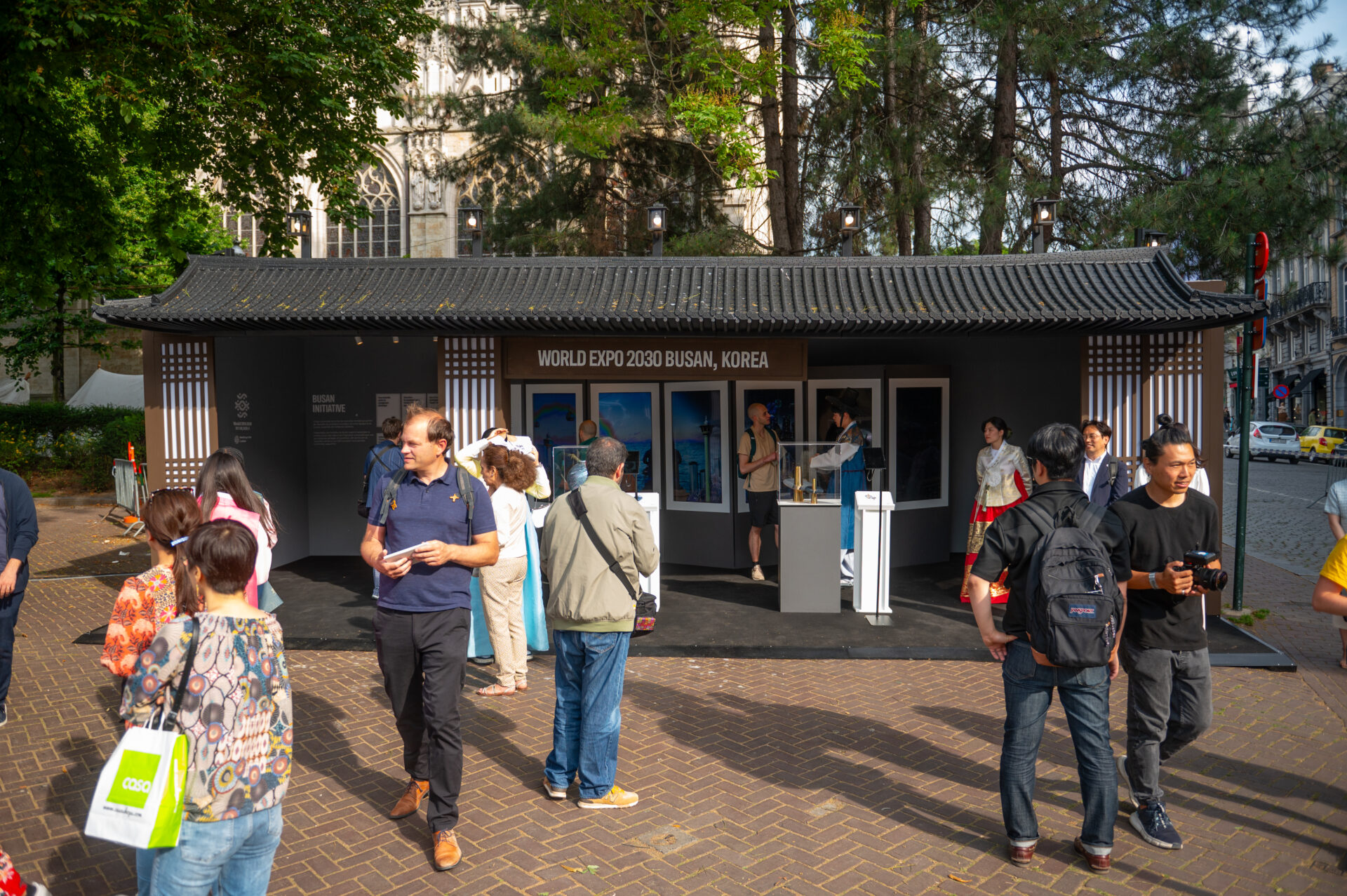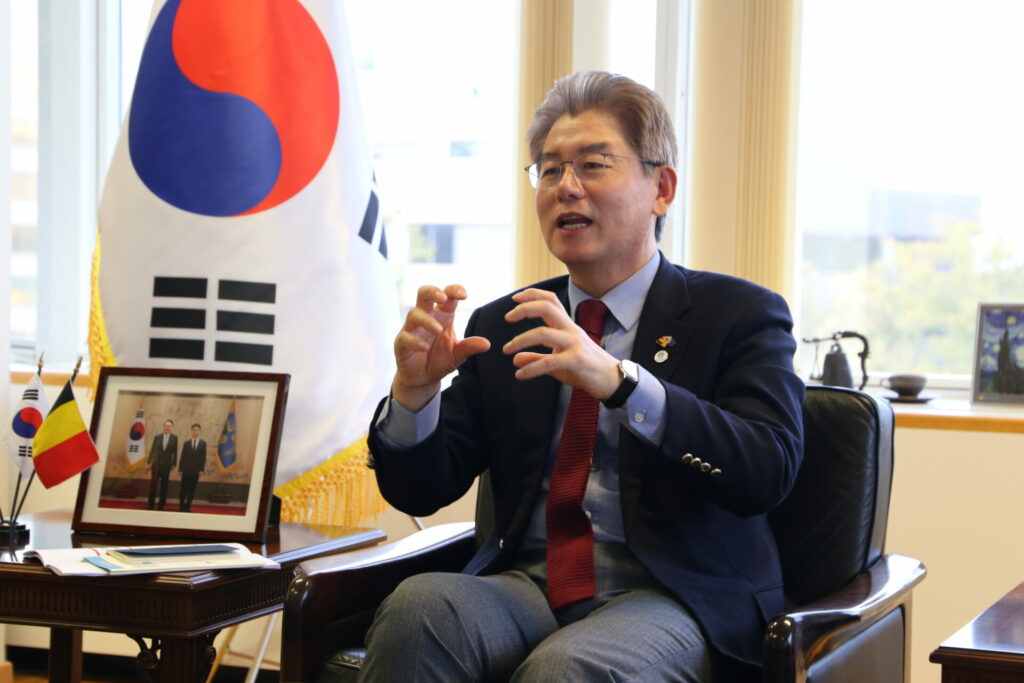On the occasion of the 60th anniversary of diplomatic relations between the European Union and the Republic of Korea, The Brussels Times sat down with Ambassador Ryu Jeong-hyun, Korea's envoy to the EU, NATO, and Belgium at its embassy in Brussels’ scenic Watermaal-Bosvoorde.
Ryu reflected on the milestones and outlined the prospects for future cooperation across various domains, from cultural exchanges and economic engagements to security collaboration.
"This year marks the 60th anniversary of the EU, Korea diplomatic relations," Ambassador Ryu states, acknowledging the significance of this diplomatic landmark. In Oriental society, the number 60 is especially auspicious, donating a full natural lifecycle.
Economic ties
From the hardships in the 1960s following the Korean War, South Korea has gone from one of the poorest countries in the region to the world's 13th largest economy. Companies like Samsung, Hyundai, LG, POSCO, and Kia export billions of euros of goods to Europe each year.
"The European Union is now the first largest investor in Korea," Ryu states, highlighting the depth of the economic ties that bind the two regions. The Free Trade Agreement (FTA), effective since 2011, has been a catalyst for exponential growth in trade and investment with the EU.
South Korea exported over $4 billion in goods to Belgium alone in 2021. Likewise, Belgium exported $3.3 billion in goods to South Korea – mostly in vaccines and biomedical products. Emphasising the success of the economic alliance, Ryu points out that last year marked "almost $140 billion trade volume between the European Union and Korea."
The FTA has been instrumental and collaborative opportunities are blossoming, especially in industries such as green health and digital energy. Belgium, known for its prowess in finance and pharmaceuticals, is a key player in this economic narrative.
Ambassador Ryu underscores the embassy's pivotal role in fostering business between Belgium and Korea: "One of the main goals [of the embassy] is to facilitate and promote trade activity between the two partners." He notes that culture can act as a vessel for improved economic and diplomatic relations.
'Hallyu (한류)'
Europe is being swept by a Korean wave, or "Hallyu," captivating European audiences. K-pop, K-culture, K-drama, and K-food have proven a hit with European audiences. Belgium is no exception. The cultural dimension of these developments has real consequences.
"The culture is so important. Economics and security used to be the most important issues in diplomatic society. But nowadays, the culture really matters," Ambassador Ryu elaborates. He points to the cultural success of viral sensations such as “Squid Game” and “Parasite”, which had long-lasting repercussions for the state of relations between the two blocs. As an instrument of soft-power for Korea abroad, K-culture has clout.

K-pop Girl group CSR perform to a packed audience in Brussels' De Brouckère area during the Korean Culture Days festival in June. Credit: Facebook / Korean Cultural Centre Brussels
In Brussels, this cultural asset is spearheaded by the embassy-controlled Korean Cultural Centre, which occupies impressive premises in Brussels’ up-market Sablon neighbourhood. This year, the centre has organised an impressive line-up of events, including a Korean cultural festival, comic book exhibition, art exhibitions, music recitals, and more.
Moreover, this cultural appreciation goes both ways. Ryu expresses admiration for European cultural contributions, noting the success of young Korean musicians in Belgium's Queen Elisabeth Competition. This mutual cultural appreciation and exchange, he believes, enhance the depth and richness of the EU-Korea relationship.

Credit: Embassy of the Republic of Korea in Belgium
Not just song and dancing
Besides culture, security cooperation – especially in the context of Korea's unique geopolitical challenges – is critical to the partnership. Tensions on the Korean Peninsula have far-reaching implications for European security, especially since North Korea recently positioned itself as a military backer of Vladimir Putin’s war against Ukraine.
“The security and safety of the Korean Peninsula is one of the most important things for the Korean people." Ryu observes that NATO is gaining new international relevance in the Pacific region. "Korea, as one of the responsible members of the United Nations, is ready to closely support NATO for addressing global challenges."

A pop-up promoting Busan's 2030 World Expo bid in Sablon. Credit: Embassy of the Republic of Korea in Belgium
On the horizon is Korea's bid to host the 2030 World Expo in Busan. If successful, this would secure a prominent place on the international stage. But competition is heating up with prospective host nations seeking to convince countries to lend their support to their bid. Korea’s rival for 2030, Saudi Arabia, is digging deep to woo decision-makers in the Belgian capital.
"Korea wants to contribute to the international community by hosting the 2030 World Expo," Ryu states with evident enthusiasm. He believes that hosting the World Expo will provide Korea with a platform to "contribute to the better future of all human beings."
Related News
- Washington approves the sale of F-35 fighter jets to Seoul
- Belgium's forgotten war? Korea conflict turns 70
- K-pop girl group CSR reflects on 'fairytale' Brussels performance
Ambassador Ryu stated the embassy’s desire to strengthen relations on the basis of not only economic and diplomatic exchange, but also culture, shared values, and collaborative solutions to global challenges.
“Korea is very open to understanding the whole world, and we are ready to be friends with the world. So please enjoy Korean culture and also the Visit Korea. This is really a place worth visiting and you can enjoy Korean food and the Korean people's hospitality,” Ryu concluded.

